This month, US pharmacy chain CVS announced that it will sell cannabidiol products, commonly known as “CBD,” in over 800 stores across the country. Walgreens jumped on the bandwagon by announcing it will sell CBD products at over 1,500 stores. Major consumer goods manufacturers like Unilever and Coca-Cola are creating a mainstream market for CBD products including infused beverages, moisturizers, candies and even deodorant.
CBD’s trending ubiquity bears many unanswered questions. Is it safe? Is it legal? Are its purported health benefits accurate or just hype? With this explosion in accessibility, it’s important to understand just what CBD is and how it interacts with the human body.

The Outdoor Journal interviewed naturopathic doctor Aimée Shunney and neurosurgeon Joseph Maroon to discuss why they choose to prescribe CBD in their practices and whether over-the-counter CBD can help athletes perform better, recover faster and enjoy the outdoors in a more natural way.
Bold claims revolve around CBD’s therapeutic properties - from fighting inflammation and improving sleep to curing diseases like Parkinson’s, Alzheimer's and cancer. Dr. Aimée Shunney, a naturopathic doctor in Santa Cruz, California, recognizes the confusion around these sweeping claims and the overwhelming influx of CBD options.
“Now there are over 850 hemp-derived CBD companies in the US, when I started prescribing it only four or five years ago, there were a handful, so I think a lot of people get confused and overwhelmed with choosing between tinctures and sprays and capsules. Folks can’t read the labels. They don't know where to start.”
The legal landscape involving CBD is evolving rapidly. In December 2018, the US Farm Bill was signed into law, legalizing industrial hemp, which is a cannabis plant that contains less than 0.3% THC, the intoxicating compound of cannabis. Accordingly, it is now legal to purchase and consume hemp-derived-CBD oil, capsules and balms in all 50 states (while food items require FDA approval).
RESISTANCE TO STRESS
While exploring CBD’s medicinal potential over the past five years, Dr. Shunney has recognized CBD’s most universal therapeutic benefit: an overall resistance to stress.
"I’m not getting as stressed out with the daily rollercoaster of my life." - Dr. Shunney
“Of course I did what every good doctor does when they discover something new and I tried it on my spouse and myself. I started to notice what I now call more ‘stress resilience.’ I’m not getting as stressed out and emotional with what goes on for me in the daily rollercoaster of my life as I used to. And my patients would say to me that, with CBD, ‘I can handle stress and be grounded and take smart, practical steps about what to do next as opposed to freaking out and wrecking my day and being completely unproductive.’”
CBD, once consumed, inhaled or applied as a lotion, interacts with our body’s synapses, the connections between nerve cells. There it can increase our naturally occurring “joy” or “bliss” neurotransmitter called anandamide. This transmitter, and the receptor in the brain it links to, can have significant anti-anxiety effects.
In addition to serotonin, dopamine and endorphins, as humans, we have natural cannabinoid receptors in our brains. The first type, CB1 receptors “are very densely distributed in the brain and in particular in the limbic system, composed of the Amygdala, the Hippocampus, and the Hypothalamus, which is in charge of our entire emotional life, our emotions, our drives, our instincts. So what does a healthy limbic system do? Well, it doesn't freak out at every stress that comes along.”
MEET DR. SHUNNEY
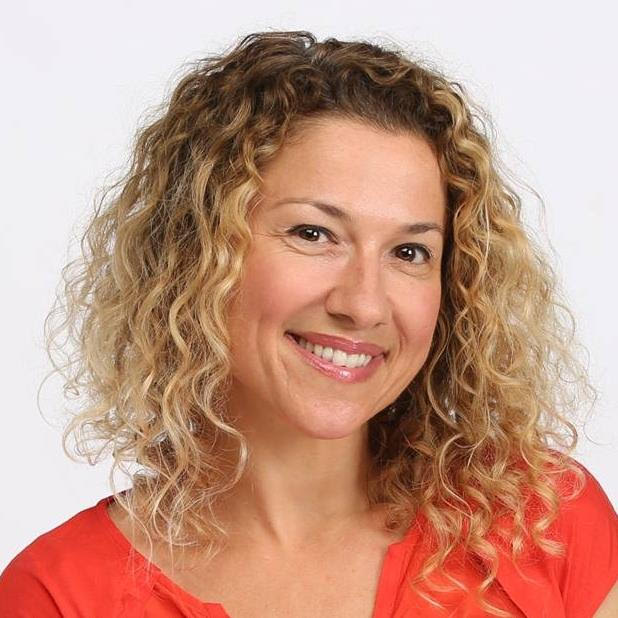
Dr. Aimée Shunney, a naturopathic physician, has been in private practice for nearly 20 years, currently at Santa Cruz Integrative Medicine in Santa Cruz, CA. She blends conventional medical diagnosis and treatment with the use of natural therapeutics like dietary and lifestyle counseling, nutritional supplements, and herbal medicine. She has been an educator and medical advisor to various companies in the natural products industry since 2011. Learn more @drshunney on Facebook.
HEALING THE BODY AND MIND
Besides bolstering our body’s baseline protection against stress, CBD can benefit athletic performance and recovery by alleviating pain at its source as well as mitigating our perception of pain within the brain.
It may sound supernatural, but, in a two-pronged effect, CBD can reduce inflammation in a targeted area like the neck, lower back, or hamstrings, while simultaneously reducing a person's perception of that pain inside of their brain.
Dr. Joseph Maroon, team neurosurgeon for the Pittsburgh Steelers, prescribes CBD to his athlete patients.
"CBD works at the source of the pain and the emotional center of the brain." Dr. Maroon
“There are two components of pain. There's the objective burning sensation of damaging receptors in the skin, and then there's the limbic or emotional perception of your reaction to the pain. CBD works in both levels. It works at the level of reducing anxiety through the limbic system, which is the emotional center of the brain, and it also works by producing analgesia, or pain relief, through the pain receptors.”
Dr. Maroon recommends a variety of CBD applications to both professional athletes as well as outdoor enthusiasts.
“CBD can be used in different ways. One way is as a topical application, or balm, which can be applied topically to sore ankles and other sore joints. Then there are the most common ways of using it, with drops or capsules, that will not interfere with athletic performance like marijuana would (because it contains THC). It can be taken before or after workouts, or any time inflammatory effects are experienced, without fear of significant complications or side effects.”
Every day, an estimated 30 million people take Non-Steroidal Anti-Inflammatories or “NSAID” drugs like Ibuprofen and Aspirin to treat aches and pains, despite the known dangers such as an increased risk of a heart attack.
According to Dr. Maroon, CBD offers a safer, more natural way to fight inflammation.
“When patients have problems with inflammation, particularly neck pain, back pain, or joint pain, I personally would prefer CBD to non-steroidal anti-inflammatories. They kill about 16,000 people a year from gastric ulcers and hospitalize over a hundred thousand because of gastrointestinal side effects.”
Dr. Maroon is not just a neurosurgeon, he’s also an avid triathlete, having competed in over 70 triathlons and eight Ironmans, with multiple finishes in the top 10 of his age group.
“I don't hesitate to take CBD myself, instead of aspirin or Ibuprofen. I'll use CBD oil both topically and orally on a ‘PRN’ or ‘as-needed’ basis.” I have no problems ingesting it before, during or after a race.”
MEET DR. MAROON
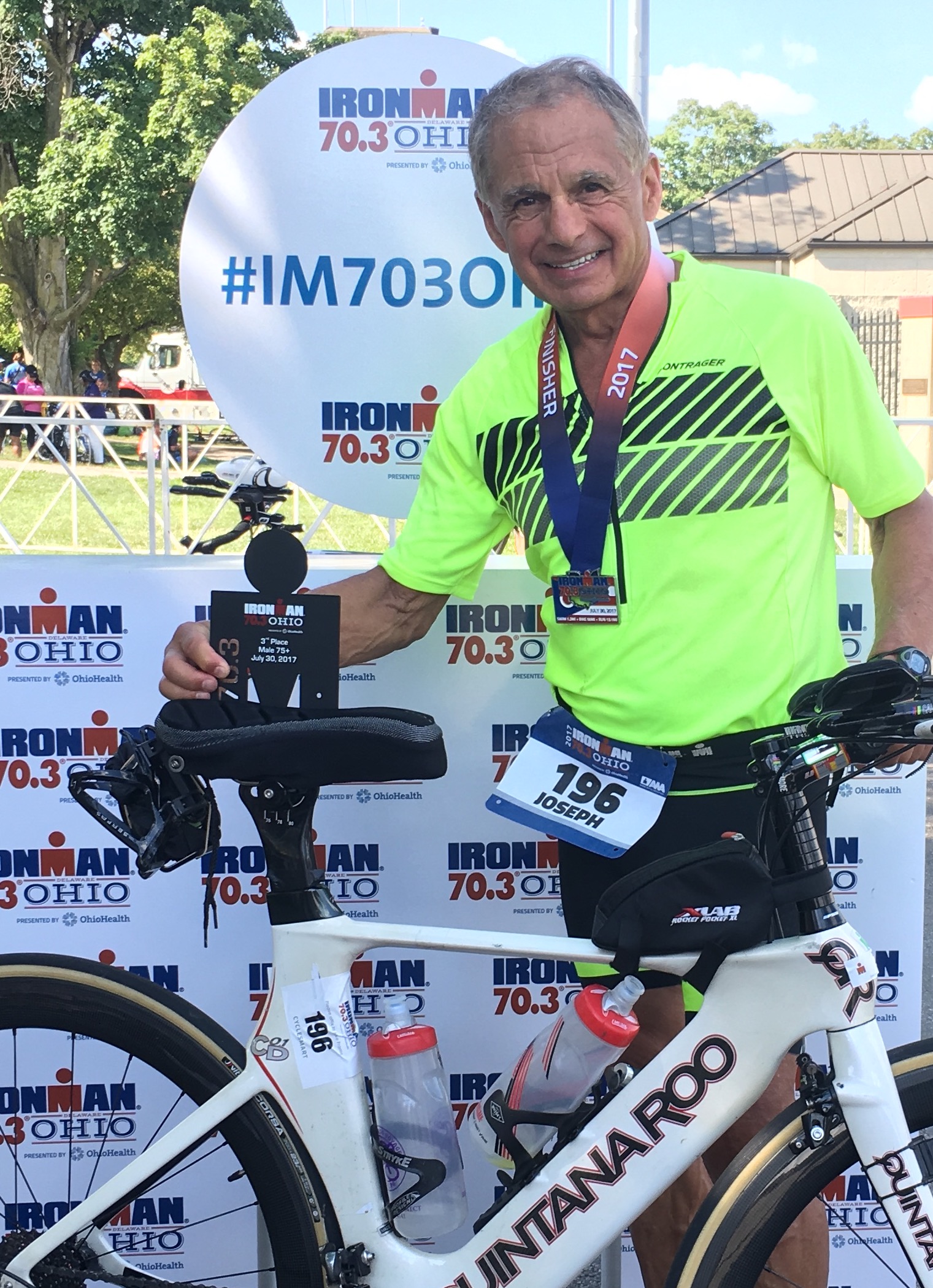
Joseph C. Maroon, MD, FACS, is a board-certified neurosurgeon with more than 20 years of clinical experience at the University of Pittsburgh Medical Center. He has been the team neurosurgeon for the Pittsburgh Steelers since 1982. Dr. Maroon is an expert and consultant in the areas of sports nutrition, concussion management, and brain and spinal problems. He is an internationally competing Ironman triathlete. Dr. Maroon was inducted into the Lou Holtz Upper Ohio Valley Hall of Fame as well as the National Fitness Hall of Fame in Chicago for his athletic accomplishments and contributions to sports medicine. Learn more @drjosephmaroon on Facebook.
MOOD ALTERING VS. MIND ALTERING
Look up any article on CBD and it will undoubtedly say that CBD is not psychoactive. While it is true that CBD does not possess the same mind-altering properties of THC, which gives marijuana users that “high” feeling, it is a misconception to say that CBD is not psychoactive, because it does modulate mood by reducing both anxiety and depression.
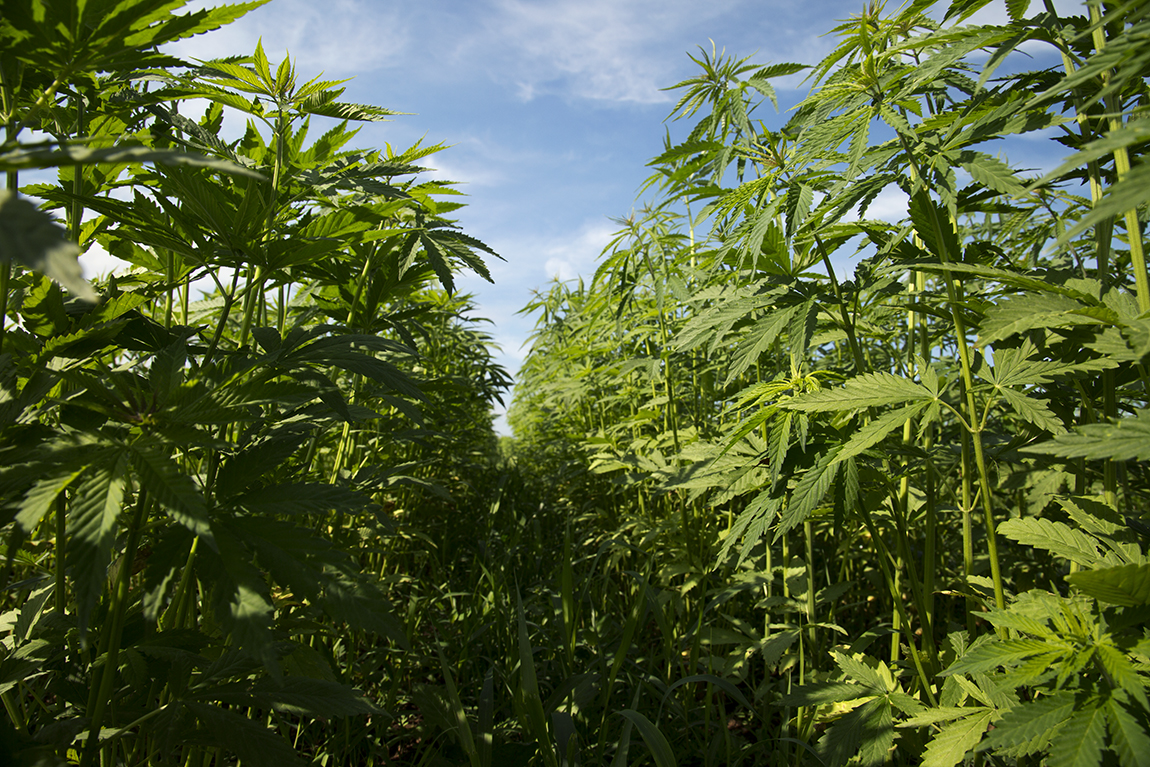
According to Dr. Shunney, “We can't say CBD isn't psychoactive, because it is, it can impact mood and decrease anxiety. As an integrative doctor, when I see people for depression and anxiety, I would say an overlap is inflammation.“
CBD may not alter our minds, but it can alter our mood, thereby reducing our experience of pain, our need for analgesic, pain-relieving medication, and our perception of stressors in our environment.
Without the mental fogginess or paranoia associated with marijuana, CBD is a great selection for athletes who need to maintain their coordination and quick reaction time. Without the intoxicating effects of marijuana, CBD does not impair our hand-eye coordination or our psycho-motor properties, which means we can perform at our best.
THE BODY’S NATURAL CBD SYSTEM
“The endocannabinoid system has so much to do with how we perceive the world around us.” - Dr. Shunney
One reason why Dr. Shunney and Dr. Maroon are in the minority of physicians who prescribe CBD to their patients is because many doctors are not even aware of the body’s natural endocannabinoid system, or “ECS.”
“Doctors aren't being educated about the endocannabinoid system. And how to support it, let alone how to use hemp and CBD,” says Dr. Shunney.
“The ECS is made up of Endocannabinoids. These are cannabis-like compounds that we make ourselves. We also have enzymes that produce and degrade those endocannabinoids. And then we have two different types of cannabinoid receptors, called CB1 and CB2, which are located in every organ system of the body, which helps us start to understand why, when we impact the endocannabinoid system, we see effects in every system of the body.”
These natural receptors are located throughout the body, but CB1 receptors are most densely distributed in the brain, while CB2 receptors are most densely distributed in the periphery immune tissue where they modulate the immune system. By ingesting “Phyto-cannabidiol”, or CBD derived from plants, we can improve the functioning of this “endogenous” natural system.
“One of the most important and easy to grasp mechanisms of action for how CBD affects the endocannabinoid system, and maybe the most important one, is that CBD impacts how much of our own endocannabinoids we are making. It modulates the amount of our own endocannabinoids that we have on hand, and it helps to create better endocannabinoid tone, or balance between the way the receptors are stimulated. CBD will also affect receptors outside of CB1 and CB2. It has a pronounced effect on serotonin receptors, GABA receptors and dopamine receptors. This is part of why we see such profound effects on mood and anxiety and stress response.”
THE RISKY DECISION TO PRESCRIBE CBD
Prior to the 2018 US Farm Bill removal of hemp-derived CBD’s controlled substance status, doctors prescribing CBD, like Dr. Shunney, were operating in a legal gray area.
"We'd been keeping people from this beneficial plant medicine for so long. It just felt like it was time.”
“I wasn't blind to the fact that, being associated with cannabis, hemp was not well separated in the legal structure from marijuana on a federal level in the states at the time, but my personal experiences with CBD were exciting enough to me that, in 2015, I started talking to my patients about hemp-CBD and in Santa Cruz, California, I don't think I encountered a single person who wasn't open to the idea of trying it.“
Dr. Shunney was confident in the safety of CBD and felt optimistic that legal clarity was coming just around the corner. “ I'm not a cowgirl by nature in how I practice. I'm very careful and very practical, but this felt like a really important thing to do. We'd been keeping people from this plant medicine that is so beneficial for so long. It just felt like it was time.”
Because of its efficacy and reliability, CBD outperforms other natural remedies that Dr. Shunney has prescribed in the past. “One of the great things about CBD is that it's very fast acting. So if you're using it for something like pain or anxiety or sleep, you're going to know relatively quickly if it's helpful to you. You don't have to take it everyday for two to four weeks like many of the natural remedies that I recommend.”
After making the decision to prescribe CBD, the next step was to physically carry brands in her office that Dr. Shunney knew were “high quality, well-tested products,” as opposed to sending her patients to go to the health food store and “picking whatever's on sale or has the prettiest package.”
When selecting a CBD product, it’s important to read the labels and look for third-party testing, which allows companies to demonstrate the excellence of their quality from seed to shelf. Both Dr. Shunney and Dr. Maroon recommend PlusCBD for this reason. PlusCBD, a non-GMO product, has undergone the rigorous testing to prove its potency and content, as well as the absence of toxicity, heavy metals, dioxins, solvent residue and pesticide residue, which could be present in other brands.
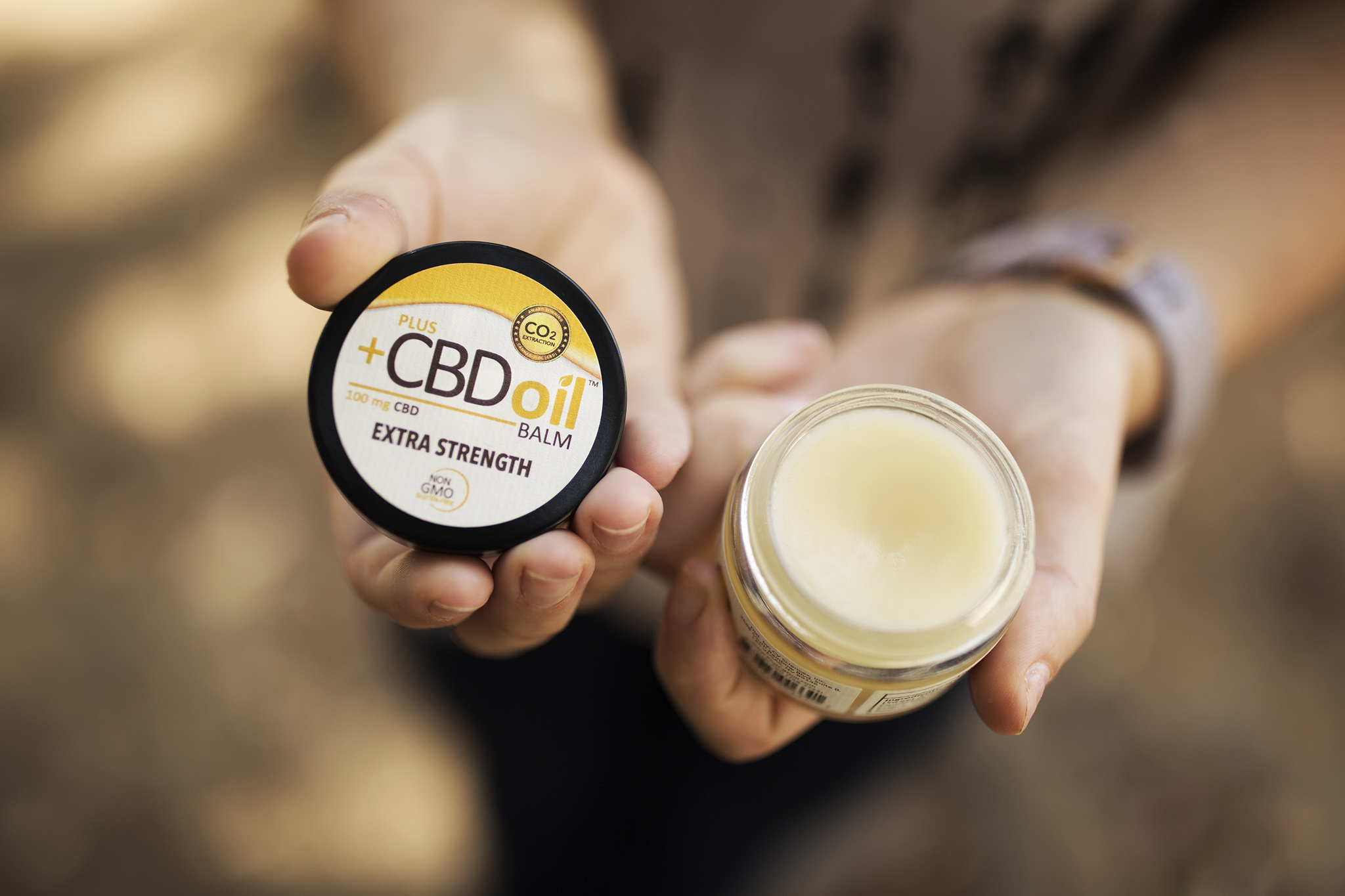
According to Dr. Shunney, as well as Dr. Maroon, a medical prescription is not necessary to see if CBD works for you. “I think CBD is safe enough that people can start on their own with small doses.”
ATHLETIC PERFORMANCE AND RECOVERY
If you are an ultra-marathon runner, a cyclist, or an avid hiker, CBD can help you recover quickly and perform at your best.
According to Dr. Shunney, for someone who is cramping up halfway through their mileage goal for the day, “I will often recommend a systemic dose of 10 to 25 milligrams, depending on the person, once or twice a day, morning and night. For a particularly sore area like a sore knee, you can actually apply CBD balm to the area multiple times throughout the day to provide some additional local anti-inflammatory and analgesic support.”
Regardless of current injuries, if you’re heading into the outdoors, CBD is a useful item to keep in your first-aid kit. “It's a great thing to have with you when you're outdoors because it's fantastic for all manner of skin irritation and inflammation. If you brush up against something that's starting to bother you and you're not in a place where you can get it fully diagnosed and looked at, CBD balm can be fantastic for anything with an itch, anything that's red and aggravated, a wound healing, et cetera."
WHAT ABOUT THE SIDE EFFECTS?
“The general concept is to start low and go slow.” - Dr. Maroon
When watching TV in the United States, audiences are often bombarded with pharmaceutical commercials rattling off a laundry list of side effects associated with each drug. However, CBD is not associated with adverse side effects, or the dangers of overdose, beyond a potential upset stomach or drowsiness.
In Dr. Shunney’s experience with prescribing CBD, “one of the worst side effects is that people will say it doesn't help them if people had very high expectations of these products. They’re often waiting to feel something. I think part of that is the association with cannabis. And I tell them they're not going to get high, but they're waiting to feel altered. So that could be a disappointment for some people. What I find with most people is that it might make them too sleepy. So if you take it and it makes you feel sleepy, that's an indication that you've taken too much.”
POOR LABELING IN THE WILD WEST
We’re still in the early days of hemp-derived CBD regulation where poor labeling and even deceptive marketing are a reality. A 2017 study by the University of Pennsylvania School of Medicine found nearly 70% of CBD extracts sold online are mislabeled. The study found that about 43% of the products surveyed contained less CBD than listed on the label, while a quarter contained more than advertised. One in five of the products contained some amount of THC.
Dr. Shunney cautions consumers to do their research before buying online, or in a store near you. “It's still very much the wild, wild west and different states have different label requirements. You want to look at a label that's going to show you what the serving size is, and the milligram dose of CBD in each drop or capsule.”
Although hemp derived CBD is permitted according to the World Anti-Doping Agency (WADA), all other cannabinoids are still prohibited in-competition. If you’re sport involves testing under the WADA umbrella and you want to take CBD for recovery, there is a chance that your brand contains one of the banned cannabinoids even though it is not listed on the label.
OVERBROAD HEALTH CLAIMS
In addition to aiding recovery and fighting inflammation, some marketers are attaching bold health claims to their CBD products - claims that are unsubstantiated scientifically. Dr. Shunney warns consumers to be on guard for brands that claim their products cure diseases like Parkinson’s, Alzhiemers and cancer.
“When companies are making bold, broad health claims, those should be red flags for consumers. That's not how we want to be communicating as an industry if we want to make sure that these products remain accessible to everybody.”
The manufacturers attaching “miracle drug” claims to their products are walking on shaky legal ground. The FDA requires hemp-derived CBD that is marketed with a claim of therapeutic benefit, or with any other disease claim, to be approved by the FDA for its intended use before it may be introduced to the market. It’s only a matter of time before brands with unproven claims face regulatory action.
"When companies are making bold, broad health claims, those should be red flags for consumers." - Dr. Shunney
Furthermore, even though CBD derived from hemp is no longer listed as a controlled substance, CBD-infused food items, beverages and dietary supplements will also require FDA approval because CBD is already an active ingredient in the FDA-approved drug Epidiolex, a treatment for childhood epilepsy, and it is otherwise illegal to introduce drug ingredients into food items. Any food and beverage manufacturers jumping ahead of the approval process by stocking the shelves of health stores are risking product seizures and large fines.
A COMPETITIVE ATHLETE’S TAKE ON CBD
Competitive cyclist, Joshua Bonnici, notices faster recovery and better performance with the inclusion of CBD as part of his training regimen.
“I heard about CBD through other cyclists but was slow to pull the trigger, worried that it was a 'banned substance' as defined by USAC and UCI. Once I found out it wasn't banned, I decided to give it a shot. For me, the right dose is two PlusCBD Oil softgels after hard training, and three drops of PlusCBD Oil drops under the tongue before bed.”
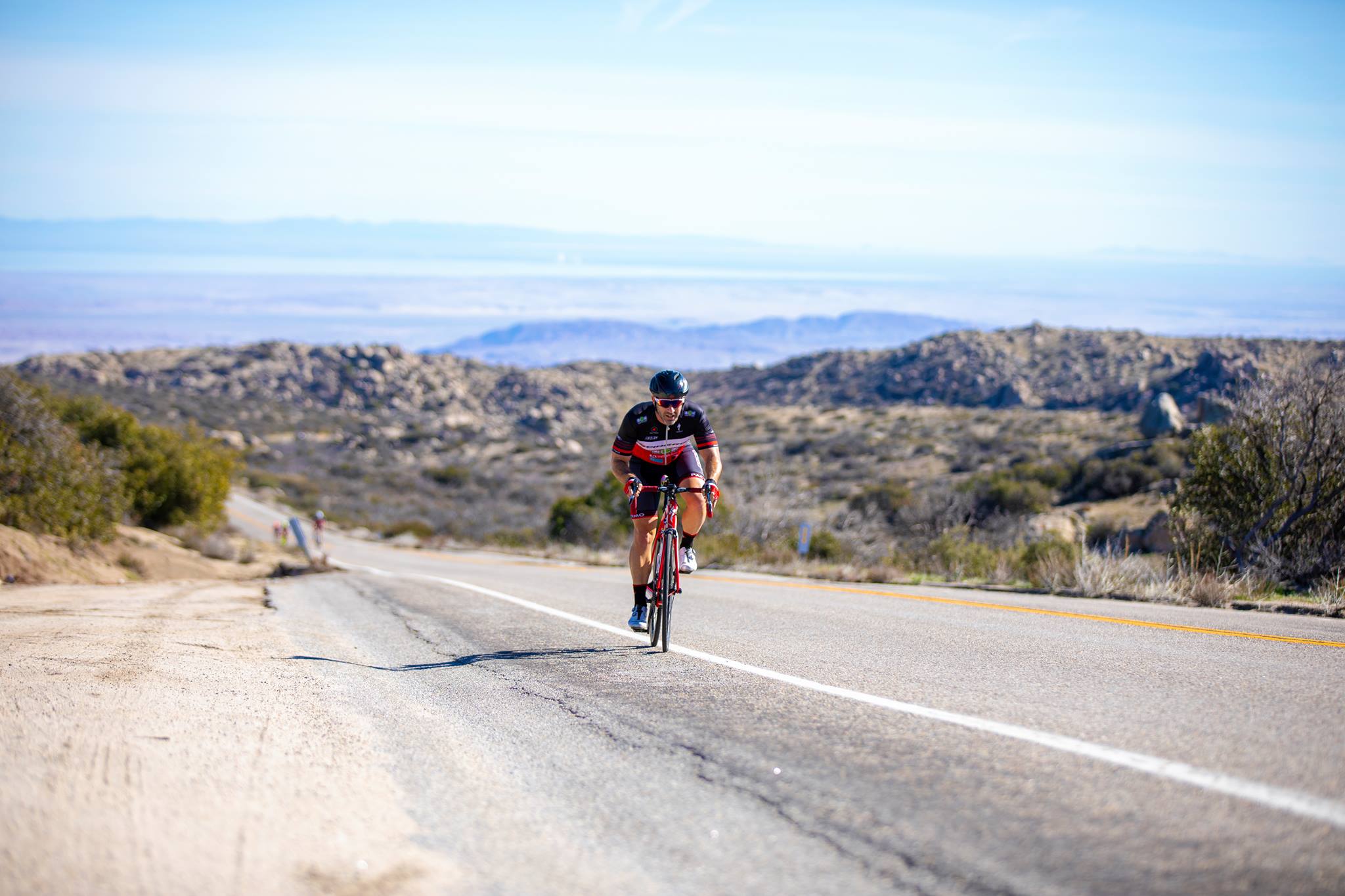
Joshua is currently training for two ultra-marathon races, the Belgian Waffle Ride, which is 137 miles on mixed terrain, and the Leadville 100 MTB race, a 100 mile off-road race dubbed the highest and most difficult in the nation.
“PlusCBD Oil has replaced Ibuprofen in my recovery. My legs don't feel as fatigued after hard training days as before. I have definitely noticed an improvement in sleep, which makes weekly 5:00 am wake-up calls to train easier. Since it's allowing me to recover quicker, and sleep better, I can train with more intensity and more volume than before. That, in turn, enhances my performance.”
IN THE FINAL ANALYSIS
With the recent federal legalization of hemp-derived CBD oils, an explosion of CBD products has entered the mainstream market. Athletes and outdoor enthusiasts may now legally enjoy over-the-counter access to CBD products that can help them sleep, train, recover and perform in a more natural way than pharmaceutical alternatives like common NSAID drugs. CBD is safe to try without a prescription if you follow the general rule to “start low and go slow.”
As CBD-infused foods, beverages, dietary supplements and cosmetics flood the market, it’s important for consumers to use caution and diligence when selecting a product that is labelled properly. Athletes in competition should be aware that some CBD products may be a mixture of CBD and other cannabinoids, even THC. Congress and the FDA will be playing catchup to regulate the plethora of brands who have rushed the market prior to receiving FDA approval.
Given the widespread interest in CBD’s potential health benefits, we may only be scratching the surface of discovering the optimal way to maintain the human body’s natural endocannabinoid system for overall stress resilience.
Learn more about Dr. Aimée Shunney
Learn more about Dr. Joseph Maroon
Feature Image by Brendan Cleak.













